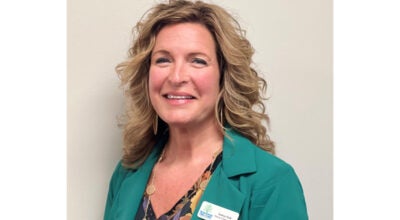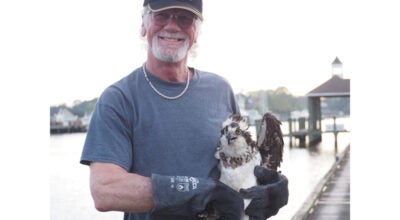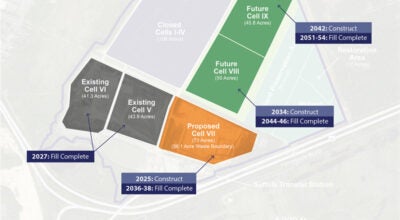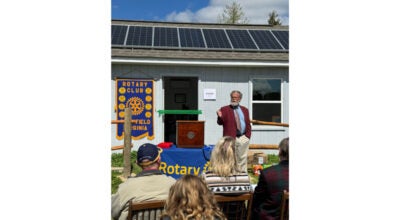Project seeks inventory of abandoned boats
Published 1:59 pm Monday, April 18, 2022
There are a high number of abandoned and derelict vessels (ADVs) in Virginia’s waterways. To achieve an accurate inventory of ADVs, Clean Virginia Waterways of Longwood University (CVW) and the Virginia Coastal Zone Management (CZM) Program are partnering to address the issue, and are asking marinas and boaters to share information about abandoned boats.
“Abandoned vessels pose imminent threats to coastal and inland waterways,” said Katie Register, CVW’s executive director. “Abandoned and unclaimed vessels in waterways create navigation hazards, environmental risks and economic impacts, which put humans and marine species alike at risk.”
Although it is illegal for boaters to abandon their vessels in Virginia, there are limited and expensive options for owners to dispose of their unwanted boats, thus prompting some boaters to abandon their vessels.
The Coast Guard Sector Virginia has documented 170 ADVs in Virginia since 2013. Having an updated statewide inventory of ADVs in Virginia is the first step to resolving possible threats to the environment, especially to Virginia’s coasts, lakes and inland waterways.
Clean Virginia Waterways is distributing flyers to marinas in Virginia to build awareness about the statewide inventory. People who are aware of abandoned boats in the water are urged to use an online form to provide the current location of the vessel and answer additional questions about the boat (length, color, name, etc.). The inventory will not include boats that are abandoned on land. The online form to report abandoned boats can be found at https://forms.gle/TfMMj2iSyuUSxNqX8
“After we create a statewide inventory, including photos or documentation of the vessels’ current conditions, we can work with authorities and stakeholders to prioritize which vessels to remove as soon as funding becomes available,” said Jeff Flood, coastal planner for the Virginia CZM Program.
Some abandoned vessels may be actively leaking harmful chemicals into the aquatic environment or may pose serious threats to the navigational safety of boaters and other members of the public using that waterbody, so it is important to identify and remove those boats as soon as possible, Flood said.
“Virginia CZM and its partners are working on solutions that will lead to the prevention of abandoned watercraft,” he added.
The Virginia CZM Program and CVW partnered in 2021 to form a Virginia ADV Work Group to address the growing problem.
“The most important information needed currently is an inventory of vessels in waterways as they are the most difficult to remove, and they pose the greatest risks to the environment and public health,” said Karen Forget, executive director of Lynnhaven River NOW, which is a member of the Virginia ADV Work Group. “As this work moves forward, we will be addressing derelict vessels stored on land.”
The Virginia Coastal Policy Center (VCPC) at William & Mary Law School recently published a paper titled “Abandoned and Derelict Vessels in the Commonwealth:
How to Improve Virginia’s ADV Program,” downloadable from the VCPC website. This science-based legal and policy analysis provides advice to Virginia’s decision-makers, government officials and nonprofit and business leaders on the complex issue.
For more information, visit http://www.longwood.edu/cleanva/ADV.html





